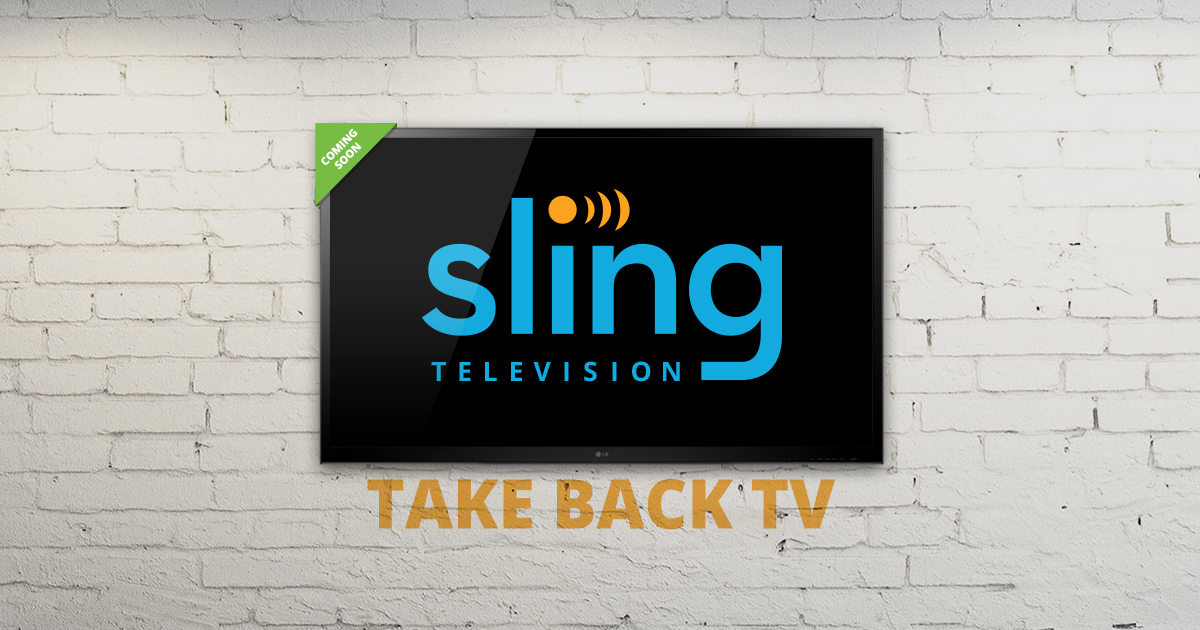We knew this would happen eventually, and here it is. More cable channels are making a play for cord-cutters who have abandoned traditional paid television services and opted for Internet streaming services instead. The latest to join the race for streaming market share is Dish Network.
Dish Network’s Sling TV—yet another streaming service offered exclusively by Dish Network—announced that they will offer channels like ESPN, ESPN2, CNN, TNT, Food Network, HGTV and Cartoon Network as part of a subscription based streaming service for the monthly fee of $20. Why pay $20 a month for Sling TV? Well, because unlike all the other preceding streaming services, Sling TV actually offers sports channels (which previously were restricted to cable aside from the official sports leagues channels on streaming devices like the ROKU). Sling TV also offers a self professed “a la carte” method of channel choice. Only time will tell if customers will embrace this new streaming competitor, but this is something that ultimately sets it apart from other channels, like CBS and HBO, who recently joined the streaming game.
Just last October, Home Box Office (HBO) network revealed its own plans to go after streaming giants like Netflix, bringing their much publicized feud with the company to an all time high. We’ve known for quite some time that HBO was envious of Netflix, in particular, often making it difficult—if not impossible—for the streaming giant to obtain the rights to stream some of HBO’s original content. With the release of their own stand alone streaming service, the network giant is directly targeting existing streaming services by pursuing the approximate 10 million Internet customers who do not have a paid television service, cord-cutters or not.
Back in October, HBO asserted that the people had been pushing for a standalone streaming service from the network, waiting for the channel to be unbundled from premium packages with too many channels that often go unwatched. Exaggerated or not, Netflix alone was outperforming HBO with respect to domestic streaming subscribers by nearly 6 percent in the 2nd quarter of 2014 (www.wsj.com), which means that there is market share at stake. If HBO is indeed successful in going after more market share from streaming services like Netflix and Hulu Plus, the network could be bigger than ever since it plans to continue its relationship with cable in addition to offering streaming services.

